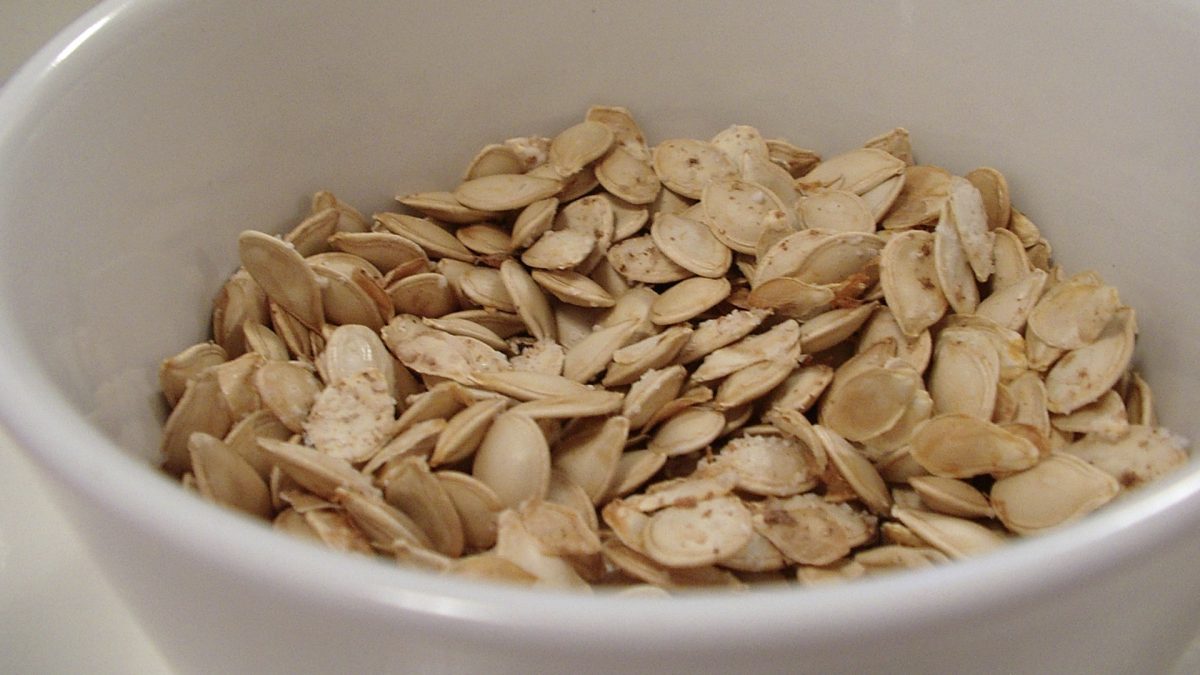A strange letter was recently published in the Journal of Neuropsychiatry and Clinical Neuroscience suggesting fruit as a treatment for depression. It starts out detailing how bad the disease can be; how abnormally low levels of neurotransmitters like the “happiness hormone” serotonin in the brain may be responsible; and that we now have SSRI drugs like Prozac that appear to work by boosting serotonin levels. However, these medications can carry significant side effects, so the researchers suggested a novel strategy: How about using “high-content sources of serotonin to provide our body with these substances,” such as “plantains, pineapples, bananas, kiwis, plums, and tomatoes.”
Since when do plants have animal neurotransmitters? Since forever, I was surprised to learn. In my 2-min NutritionFacts.org video Human Neurotransmitters in Plants I show how plants may contain levels of dopamine, serotonin, and melatonin at concentrations high enough to actually alter levels in our bloodstream. We don’t need serotonin in our blood, though; we need it in our brain. Serotonin can’t cross the blood-brain barrier, but the precursor to serotonin can. This precursor is an amino acid called tryptophan that we get from our diet.
Back in the 70’s experiments showed that when people were given specially concocted tryptophan deficient diets, their mood suffered. They became irritable, annoyed, angry, and depressed. Likewise, you can give people tryptophan pills to improve their mood, and, not surprisingly, it became a popular dietary supplement… until people started dying from something called eosinophilia–myalgia syndrome (EMS).
As I note in my 2-min video The Wrong Way to Boost Serotonin, EMS is an incurable, debilitating, and sometimes fatal flu-like neurological condition that can be caused by the ingestion of tryptophan supplements. It may have been due to some unknown impurity, but better safe than sorry. Instead of supplements, there are dietary strategies one can use to improve mood.
When people think tryptophan, they think Thanksgiving turkey, but researchers at MIT dispelled those myths about a decade ago. Tryptophan is one amino acid among many found in proteins, and they compete with one another for transport across the blood-brain barrier into the brain. Since tryptophan is present in most animal proteins in relatively small quantities it gets muscled out of the way. When we eat plant foods, though, the carbohydrates trigger a release of insulin that causes our muscles to take up many of the non-tryptophan amino acids as fuel, potentially leaving our tryptophan first in line for brain access.
Animal foods can even make things worse. In the experiment I describe in my 2-min video A Better Way to Boost Serotonin, those given a turkey/egg/cheese breakfast experienced a drop in tryptophan levels, whereas those given a waffle/orange juice breakfast saw their levels rise. This may actually explain the carbohydrate cravings one sees in PMS—your brain may be trying to get you to boost tryptophan levels to feel better. One study I cite concluded “Consumption of a carbohydrate-rich, protein-poor evening test meal during the premenstrual period improved depression, tension, anger, confusion, sadness, fatigue, alertness, and calmness scores among patients with premenstrual syndrome.”
Ideally, though, it would be more than just carbs. Since the main determinant of brain tryptophan and serotonin concentrations appears to be the ratio of this amino acid with others that compete with it for uptake into the brain, to maximize the mood elevating benefits of diet, one would ideally choose a snack with a high tryptophan to total protein ratio, which would mean primarily seeds, such as sesame, sunflower, and pumpkin. Check out the final video The Best Way to Boost Serotonin in this four-part series for more detail.
The findings of better mood scores in those eating vegetarian in that video is consistent with interventional findings I’ve reported previously. In addition to the drop in brain tryptophan levels associated with animal product consumption, arachidonic acid present in animal foods may also contribute to negative mood states through an inflammatory mechanism. See, for example, my videos:
–Michael Greger, M.D.
